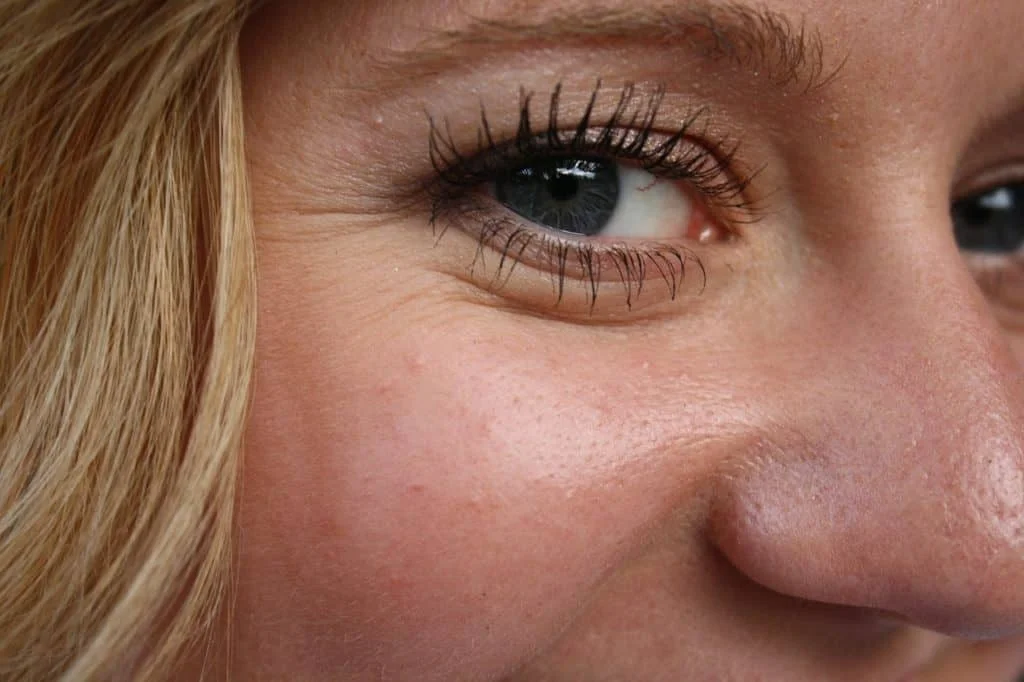
It’s long been called beauty sleep for a reason. Now, researchers are using AI to demonstrate the impacts sleep has not only on your mental and physical health, but on…your face.
Simba Sleep, a mattress manufacturer, recently surveyed 2,000 adults over the age of 18 on the time of sleep they were getting. (1) They then inputted the data into an AI image generator known as the Sleep Deprivation Avatar. From there, the technology generated images of the individuals based on the sleep they had — both good and bad nights. Turns out, our faces tell a more complex story about our sleep health.
The survey found that 16 facial markers, including dark circles, dehydrated skin, and bags under the eyes, could reveal poor sleep quality or quantity (fewer than seven hours of sleep). In contrast, when participants achieved restorative sleep, and got more than seven hours, all genders and ages had a reduction in fine lines and also had tighter skin.
Of the 2,000 people surveyed, younger people experienced significant impacts on their skin health when poor sleep quality was experienced. The survey found that 20 percent of 18-24-year-olds experienced dry, flaky skin with less than seven hours of sleep. Fewer than 29 percent of Gen Z participants experienced under-eye bags with seven or less hours per sleep — a steep contrast to the 20 percent average other age groups experienced.
Sleep helps in the production of collagen, which helps keep skin smooth. It also supports cell turnover and the release of somatotropin — a growth hormone that helps maintain our skin’s elasticity. If sleep is shortened or disrupted, these processes are affected. Your skin without sleep also has difficulty fighting off “external aggressors,” basically leaving it more vulnerable, which can mean more breakouts, inflammation, dry or irritated skin, and other issues.
Along with amazing skin, sleep has also been proved to give you healthier hair, reduced eye puffiness, and generally a smoother and plumper look all over. Those who are sleep-deprived might even be surprised to know it’s connected to droopy corners of the mouth, or hanging eyelids.
In addition to getting enough high-quality sleep, make sure to change your bedsheets and pillow cover weekly, as bacteria, fungi, and allergy-inducing particles build up quickly.
Even for those who don’t care if your skin is looking its best or not, the impacts demonstrate how vital sleep is to every organ in the body. So it appears, the old saying rings true, even (and especially) in the age of AI — good sleep hygiene really does equate to beauty rest.
Sources
1. Jones, Ruth; “Survey reveals how sleep deprivation ages your face — with AI-generated images,” Tom’s Guide; https://www.tomsguide.com/wellness/mattresses/survey-reveals-how-sleep-deprivation-ages-your-face-with-ai-generated-images; April 15, 2024.

























